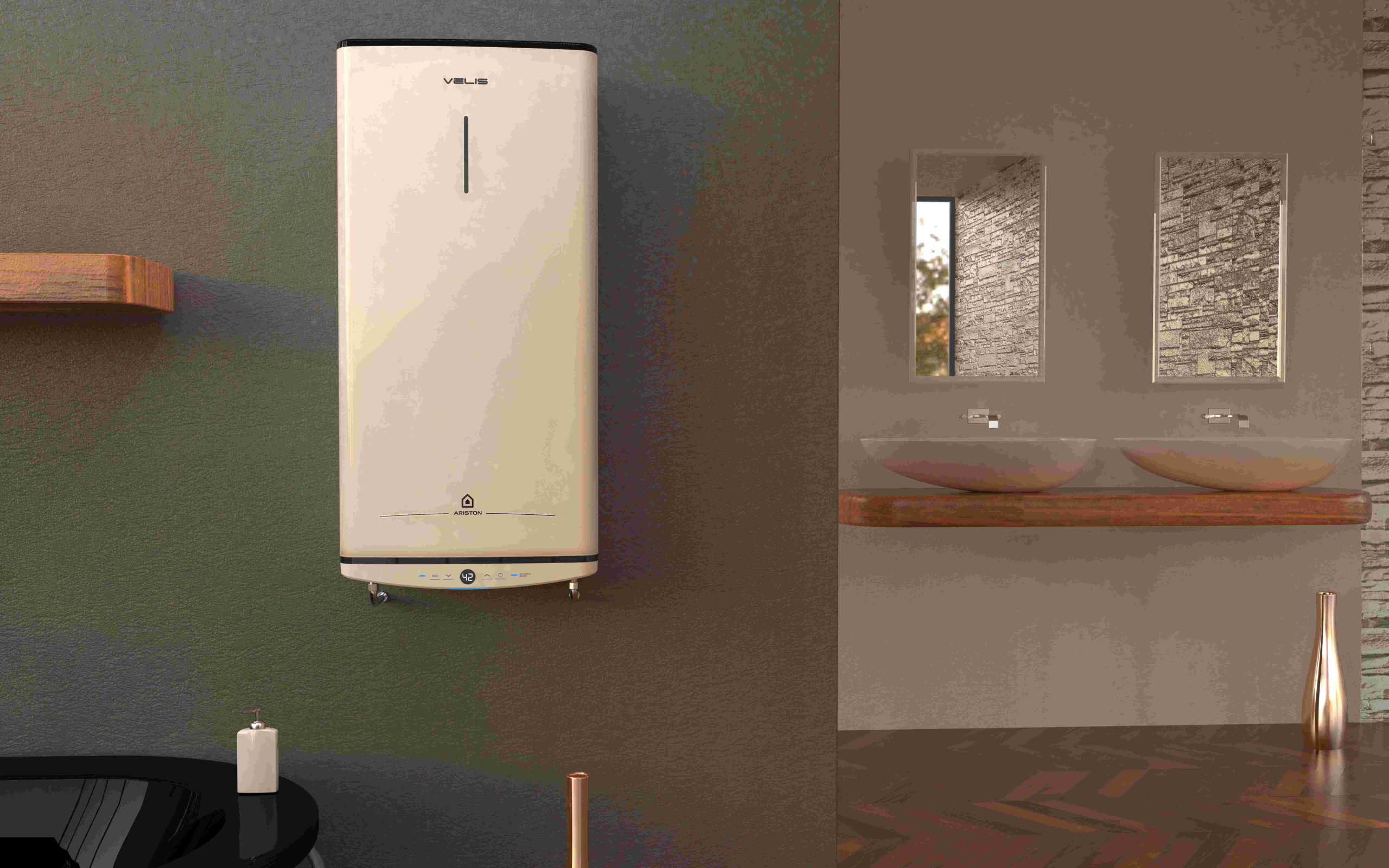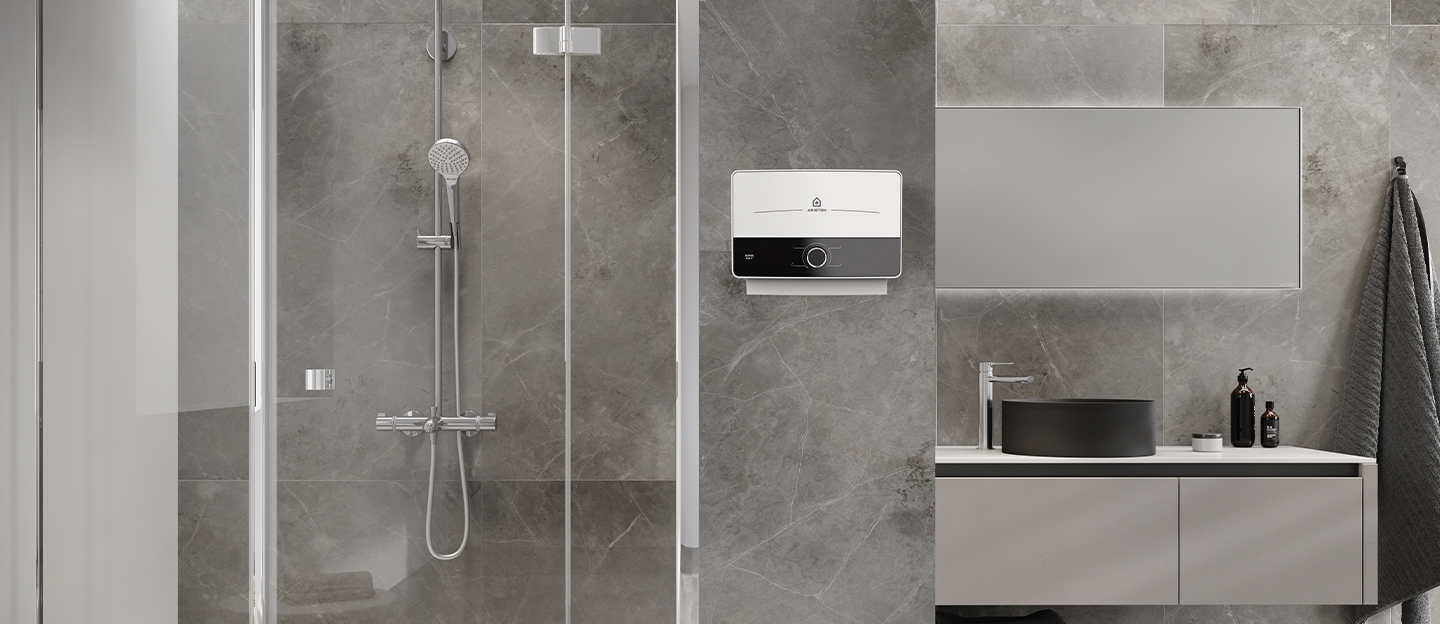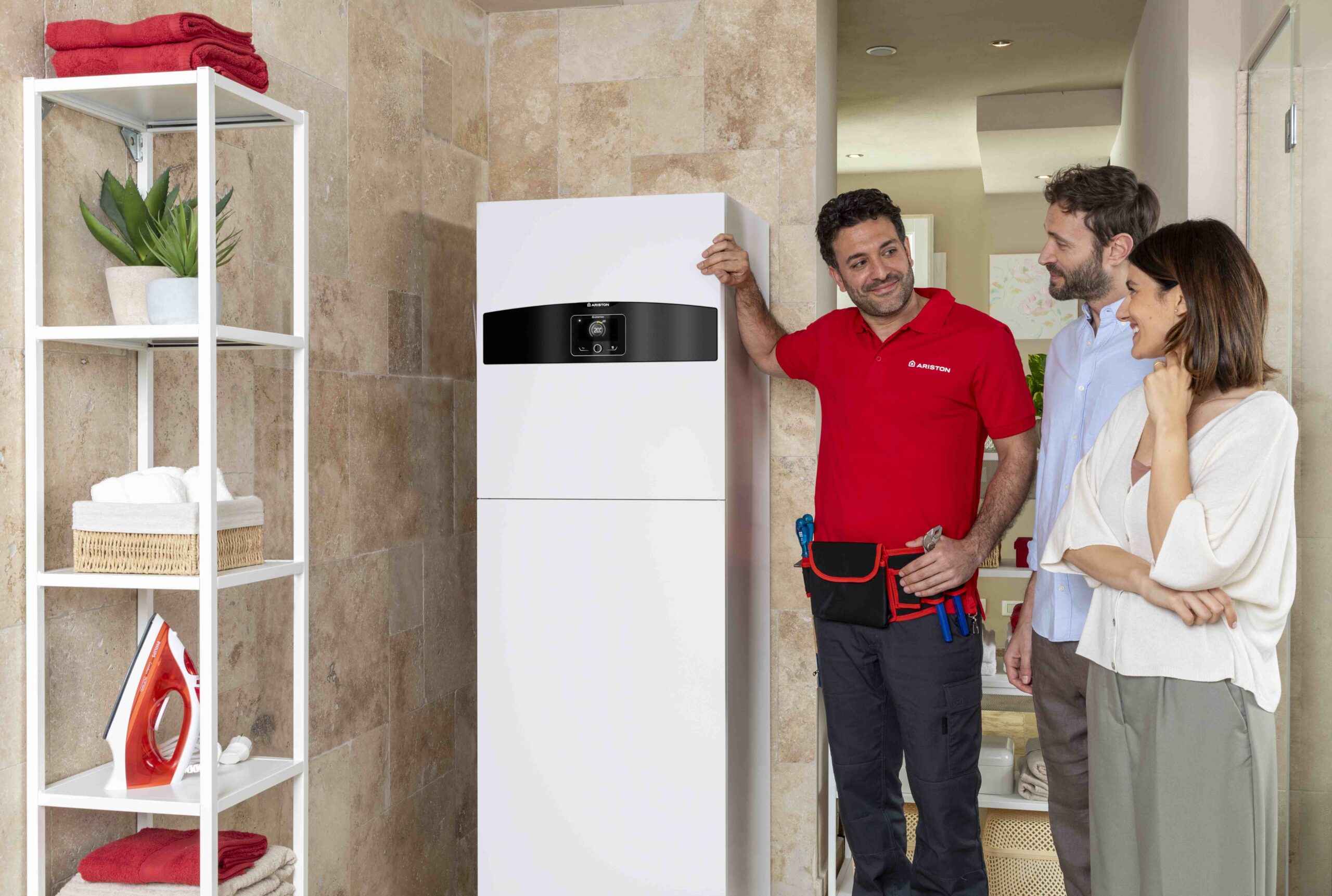10 Tips to Reduce Energy Waste at Home
10 tips to reduce energy waste at home
Energy waste is a common issue in many households, leading to higher utility bills and unnecessary environmental impact. Fortunately, small changes in daily habits can make a significant difference. Below are ten effective ways to minimize energy waste and improve efficiency at home.
1. Unplug devices when not in use
Many electronic devices continue to consume power even when turned off, a phenomenon known as phantom energy waste. To avoid this, unplug chargers, televisions, and other electronics when they are not in use. Alternatively, using power strips with an on/off switch can help cut off electricity to multiple devices at once.
2. Use energy-efficient appliances
When replacing old appliances, opt for energy-efficient models that carry the highest energy ratings. Refrigerators, washing machines, and dishwashers with a higher energy label consume significantly less electricity, saving money in the long run.
3. Adjust thermostat settings wisely
Heating and cooling account for a large portion of household energy use. Setting the thermostat to an optimal temperature can significantly reduce energy consumption. In winter, keep it around 18-20°C, and in summer, aim for 24-26°C. Using programmable thermostats helps maintain efficiency by automatically adjusting temperatures when you're asleep or away.
4. Switch to LED lighting
Traditional incandescent bulbs waste a lot of energy as heat. LED bulbs, on the other hand, use up to 80% less electricity and last significantly longer. Replacing all lights with LED alternatives reduces energy waste and lowers maintenance costs.
5. Optimize water heating usage
Water heating is another major contributor to energy consumption. To increase efficiency:
- Lower the water heater temperatureto 50-55°C to prevent unnecessary heating.
- Use cold water for laundry when possible, as modern detergents clean effectively at lower temperatures.
6. Maintain heating and cooling systems
Regular maintenance of heating and cooling systems ensures they operate at peak efficiency. Clean air filters in heat pumps and air conditioners every few months to improve airflow and reduce energy waste. Scheduling annual professional check-ups can also help detect potential issues before they lead to costly repairs.
7. Improve home insulation
A poorly insulated home loses heat in winter and gains excess heat in summer, forcing heating and cooling systems to work harder. Sealing gaps around doors and windows, adding insulation to walls and attics can help maintain a stable indoor temperature, reducing the need for excessive energy use.
8. Take advantage of natural light
Instead of relying on artificial lighting, maximize the use of natural daylight by opening curtains and blinds during the day. Well-placed mirrors can also help distribute sunlight throughout a room, making spaces brighter without additional electricity use.
9. Be mindful of kitchen energy use
Cooking appliances consume a significant amount of electricity. To reduce energy waste:
- Match pot size to burner sizeto prevent unnecessary heat loss.
- Keep refrigerators and freezers fullto improve efficiency, as a well-stocked fridge retains cold better.
10. Run appliances efficiently
Washing machines, dishwashers, and dryers should only be run with full loads to maximize efficiency. Selecting eco-friendly modes reduces water and electricity consumption. Air-drying clothes whenever possible also minimizes the need for energy-intensive tumble drying.
Reducing energy waste at home is achievable through simple, mindful habits and small technological upgrades. Every small action contributes to a more sustainable and cost-effective household.





